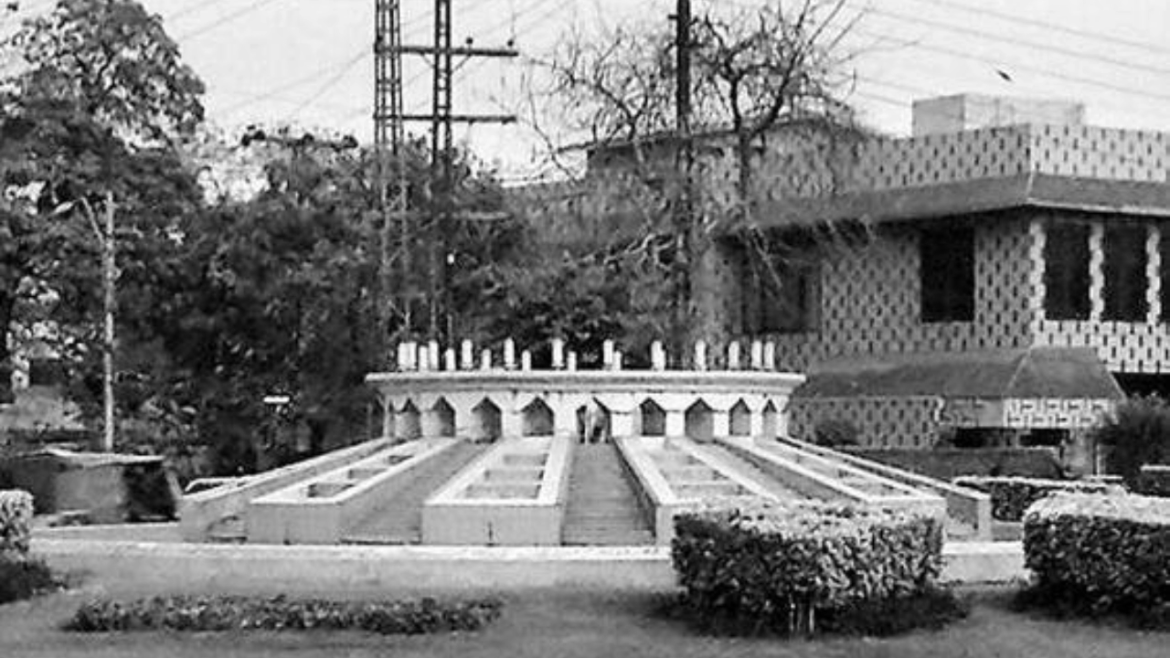AI Generated Summary
- By rejecting the renaming of Shadman Chowk and refusing to honor Singh with a statue, Pakistan is erasing an important part of its own shared history with India, where Singh is celebrated as a martyr who laid down his life in the struggle for freedom.
- Compounding this affront is the shelving of a plan to rename Shadman Chowk in Lahore after Bhagat Singh, one of the most celebrated freedom fighters of the subcontinent, and the refusal to install his statue at the site.
- The Pakistani government’s decision to deny over 1,500 visas to Sikh devotees wishing to visit religious sites for Guru Nanak Dev Ji’s Prakash Purab is only the latest incident in a series of actions suggesting a systematic lack of sensitivity.
Recent developments in Pakistan highlight a troubling trend of disregard for its Sikh minority and the historical legacy of prominent figures tied to the subcontinent’s freedom struggle. The Pakistani government’s decision to deny over 1,500 visas to Sikh devotees wishing to visit religious sites for Guru Nanak Dev Ji’s Prakash Purab is only the latest incident in a series of actions suggesting a systematic lack of sensitivity. Compounding this affront is the shelving of a plan to rename Shadman Chowk in Lahore after Bhagat Singh, one of the most celebrated freedom fighters of the subcontinent, and the refusal to install his statue at the site.
Bhagat Singh Labeled a Criminal by Pakistan
In a response submitted to the Lahore High Court (LHC), the Lahore Metropolitan Corporation, influenced by the opinion of Commodore (retd.) Tariq Majeed, has labeled Bhagat Singh a “criminal” rather than a revolutionary. Majeed’s controversial remarks argued that Singh, who was executed at the age of 23 by British colonial rulers for his role in the freedom struggle, was akin to a terrorist. The statement goes further, suggesting that Bhagat Singh’s actions were guided by “religious leaders hostile to Muslims,” and that honoring him would contradict Islamic and Pakistani cultural values.
These claims not only misrepresent history but also deny Bhagat Singh’s widely recognized role as a revolutionary who stood against colonial oppression. Majeed’s assertions conveniently ignore Singh’s legacy as a secular icon who envisioned a just society beyond religious and communal lines. By rejecting the renaming of Shadman Chowk and refusing to honor Singh with a statue, Pakistan is erasing an important part of its own shared history with India, where Singh is celebrated as a martyr who laid down his life in the struggle for freedom.
Attacks on Religious and Cultural Pluralism
The refusal to grant visas to Sikh pilgrims for Guru Nanak Dev Ji’s Prakash Purab and the rejection of Bhagat Singh’s commemoration are symptomatic of a deeper issue: Pakistan’s reluctance to embrace the diverse cultural and religious heritage of its minorities. Denying Sikh devotees access to their sacred sites not only infringes upon religious freedoms but also damages diplomatic relations, particularly with India, where these incidents are viewed as provocative and unjust.
Moreover, the allegations against the Bhagat Singh Memorial Foundation as an organization working “against Islamic ideology and Pakistani culture” reveal an increasingly narrow interpretation of national identity. By portraying statues and the celebration of secular historical figures as contrary to Islam, Pakistan risks alienating minority communities and erasing the contributions of individuals who have shaped the region’s shared history.
Legal Battle for Bhagat Singh’s Legacy
The Bhagat Singh Memorial Foundation, led by Chairman Imtiaz Rasheed Qureshi, has vowed to continue its legal fight to honor the revolutionary’s legacy. Despite the Lahore High Court’s directive in 2018 to name Shadman Chowk after Bhagat Singh, the government’s failure to implement the order underscores a disregard for both judicial mandates and public sentiment.
Qureshi has signaled his intent to challenge Majeed’s allegations through legal action, reaffirming Bhagat Singh’s status as a symbol of resistance against colonial rule. The hearing for the contempt plea has been adjourned to January 2025, prolonging a struggle that highlights the challenges faced by those advocating for a more inclusive and historically accurate recognition of Pakistan’s past.
A Disregard for Shared History
The vilification of Bhagat Singh and the denial of religious freedoms to the Sikh minority point to a broader issue of intolerance and historical revisionism. Pakistan’s failure to honor Bhagat Singh reflects an unwillingness to acknowledge figures who do not fit within a rigid, state-sanctioned narrative. This approach not only alienates minorities but also impoverishes the nation’s collective memory.
Bhagat Singh’s legacy, rooted in secularism and resistance against oppression, transcends religious and national boundaries. By denying him the recognition he deserves, Pakistan risks isolating itself further on the global stage and diminishing its rich, multifaceted history. At a time when the world increasingly values pluralism and inclusivity, Pakistan’s actions stand in stark contrast, highlighting a need for greater introspection and reform in its approach to minorities and historical figures.




